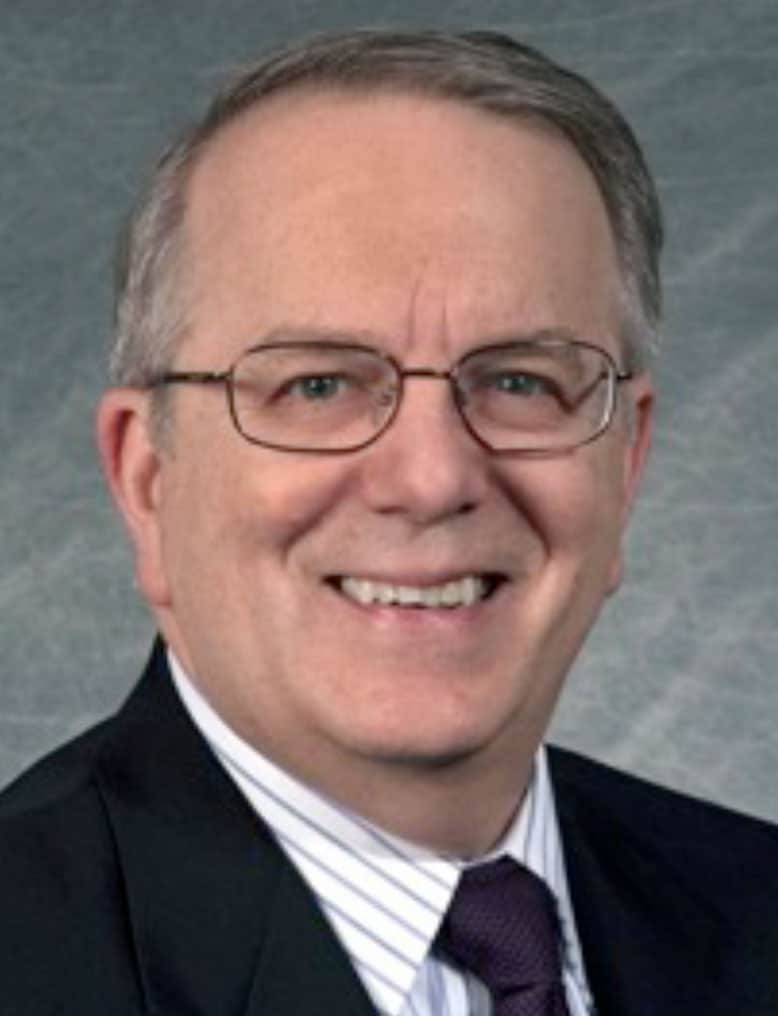
PhD
President & CEO
Co-Founder
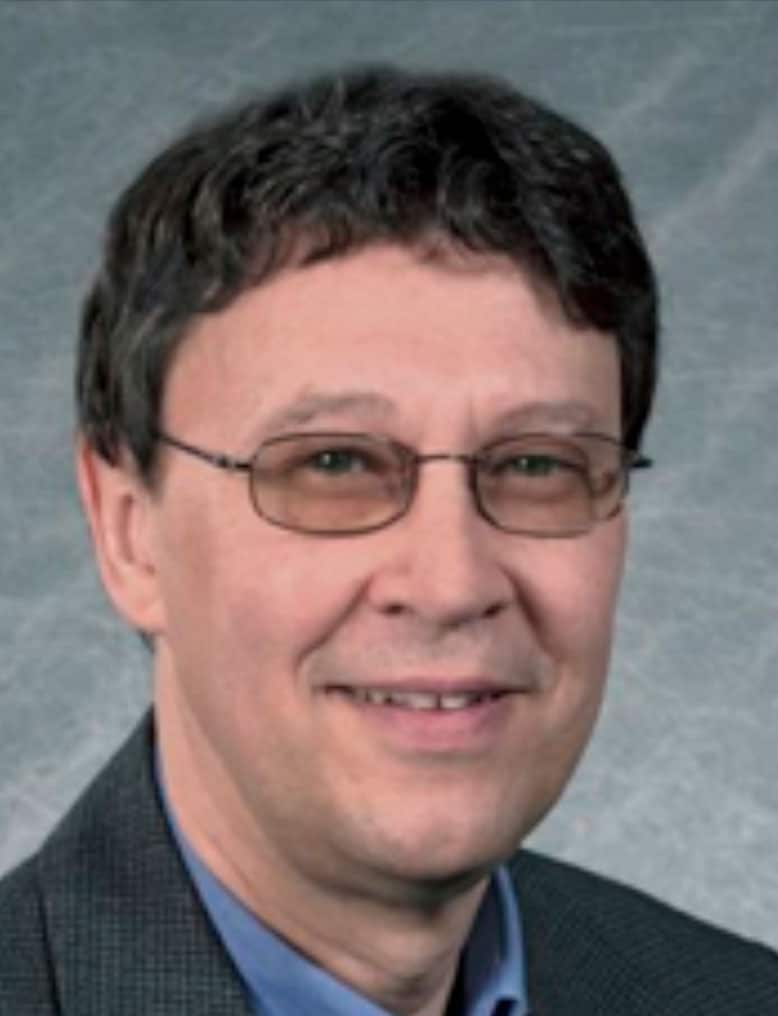
PhD
Board Member
Co-Founder
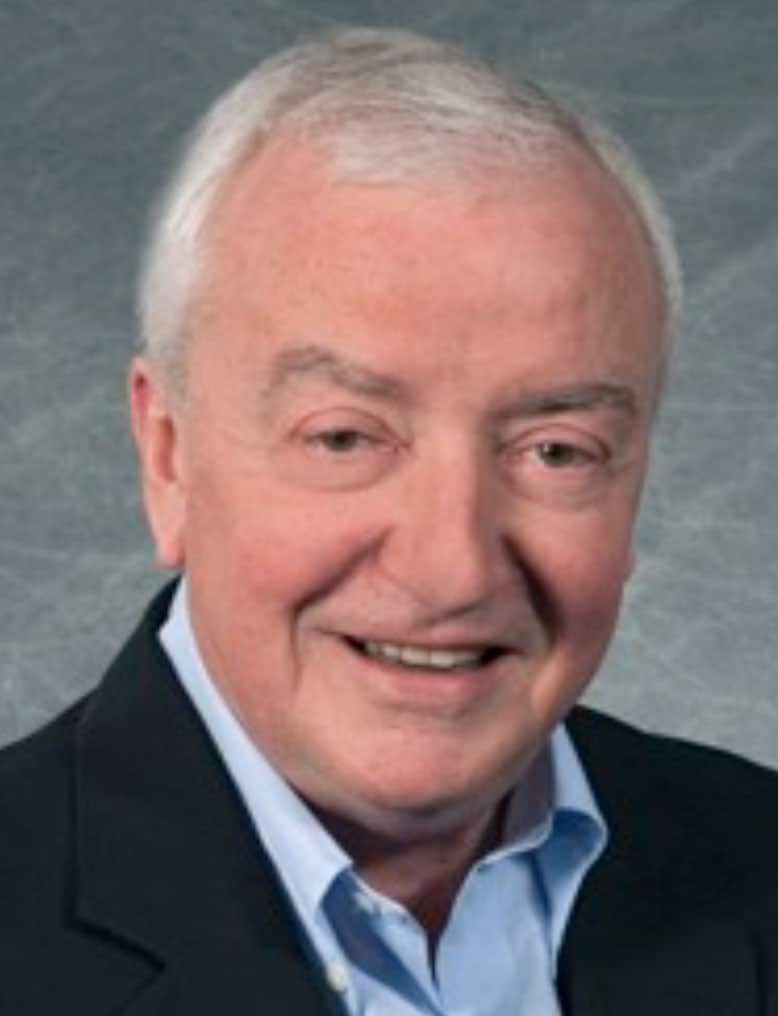
MBA
Gould Inc.
Alta Berkeley
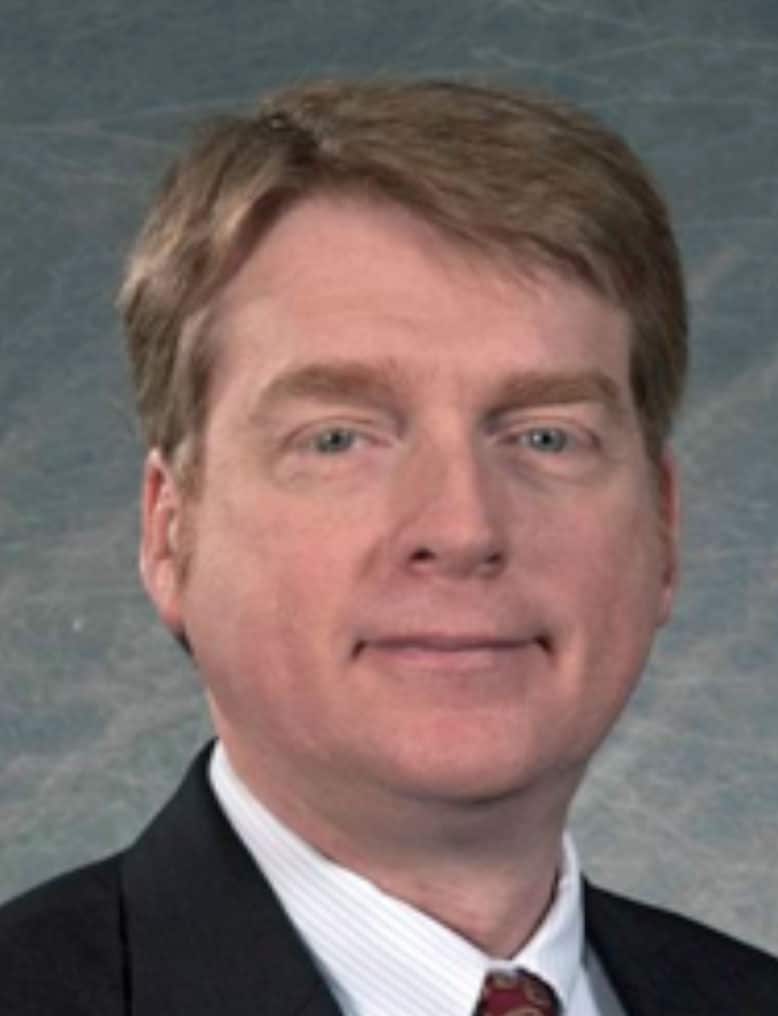
MBA
Board Member
CEO, Eleison Pharmaceuticals
In Memoriam• Co-Founders Drs. Charles M. Cook (1955-2008), Ralph F. Hirschmann (1922-2009), Amos B Smith III (1944-2025) •Chairman Dr. Kris Venkat (1948-2008)

MD
Stanford University
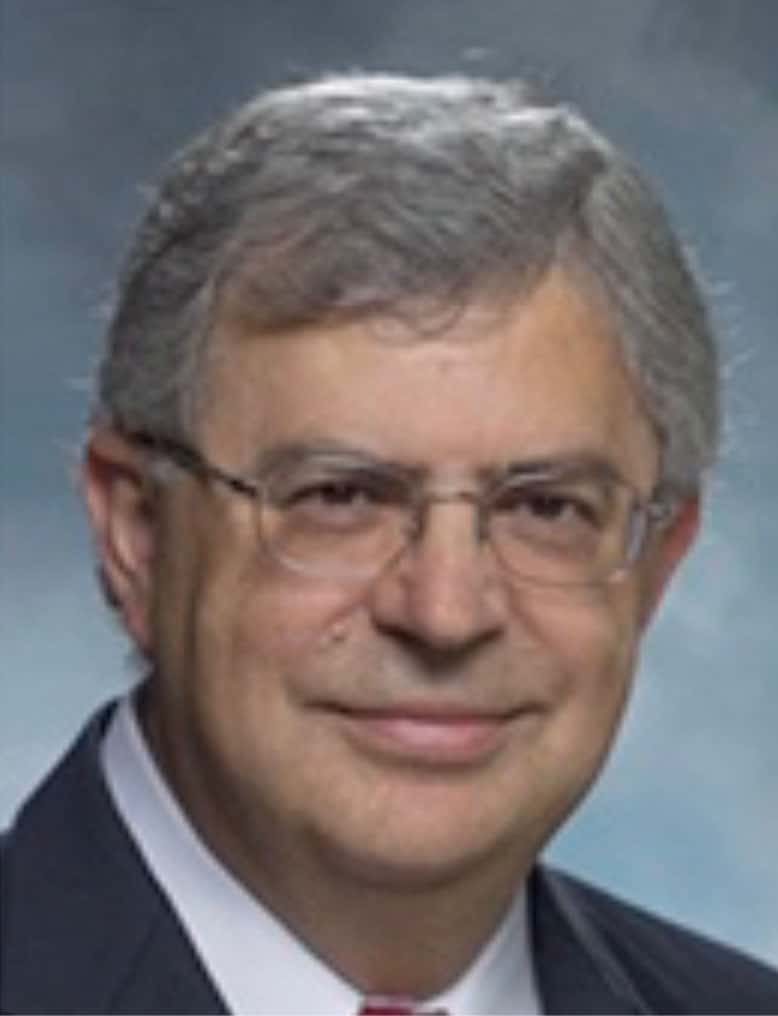
MD
Rutgers University
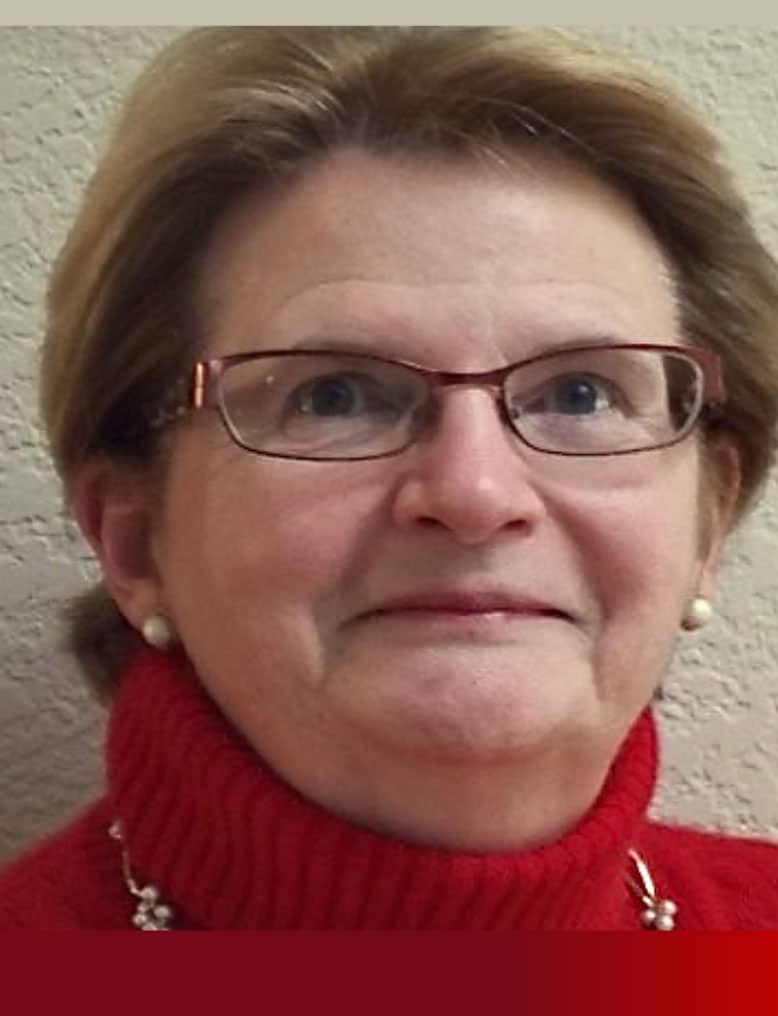
PhD
Consultant
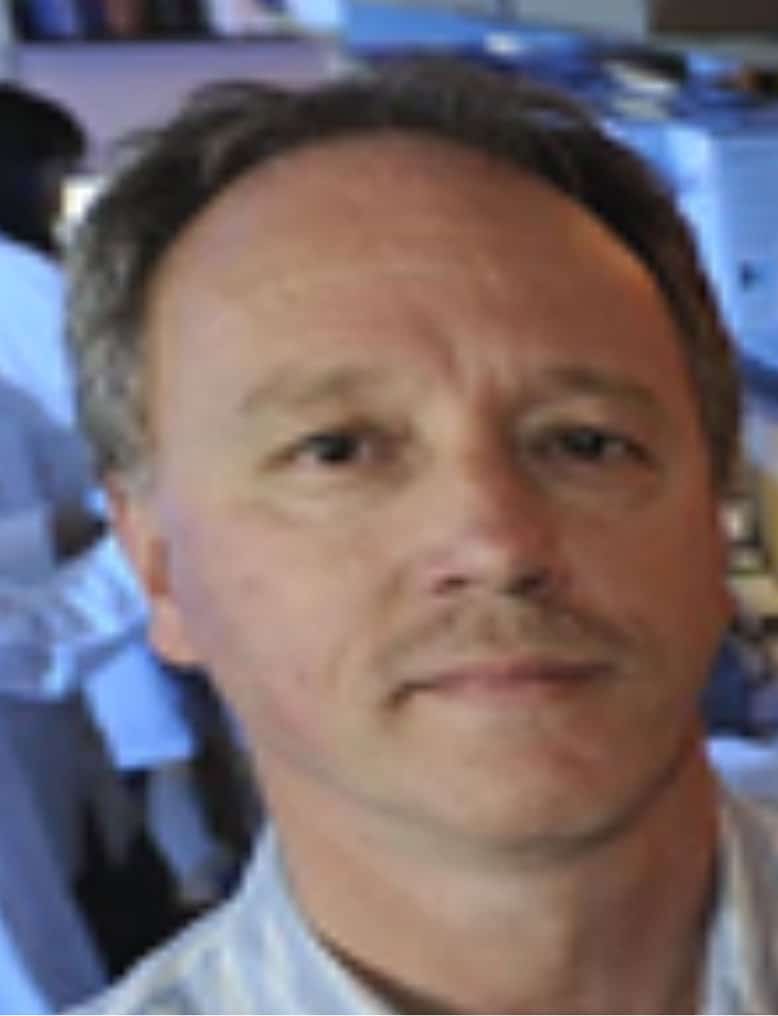
MD, PhD
University of Texas, San Antonio
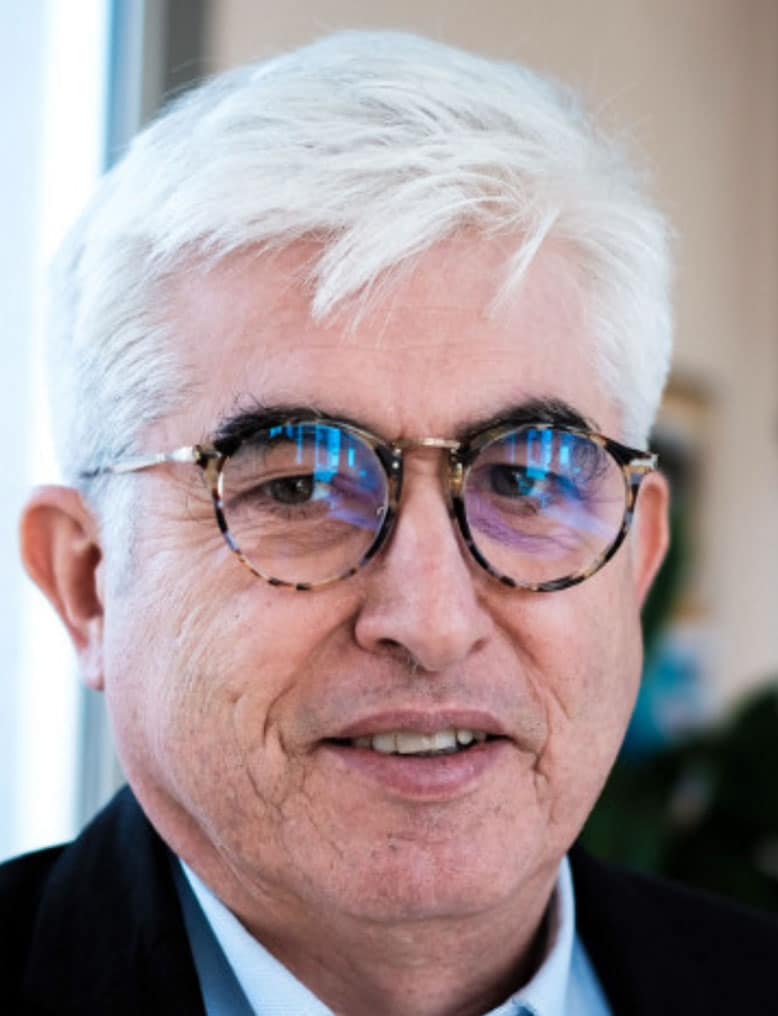
PhD
CEA Saclay
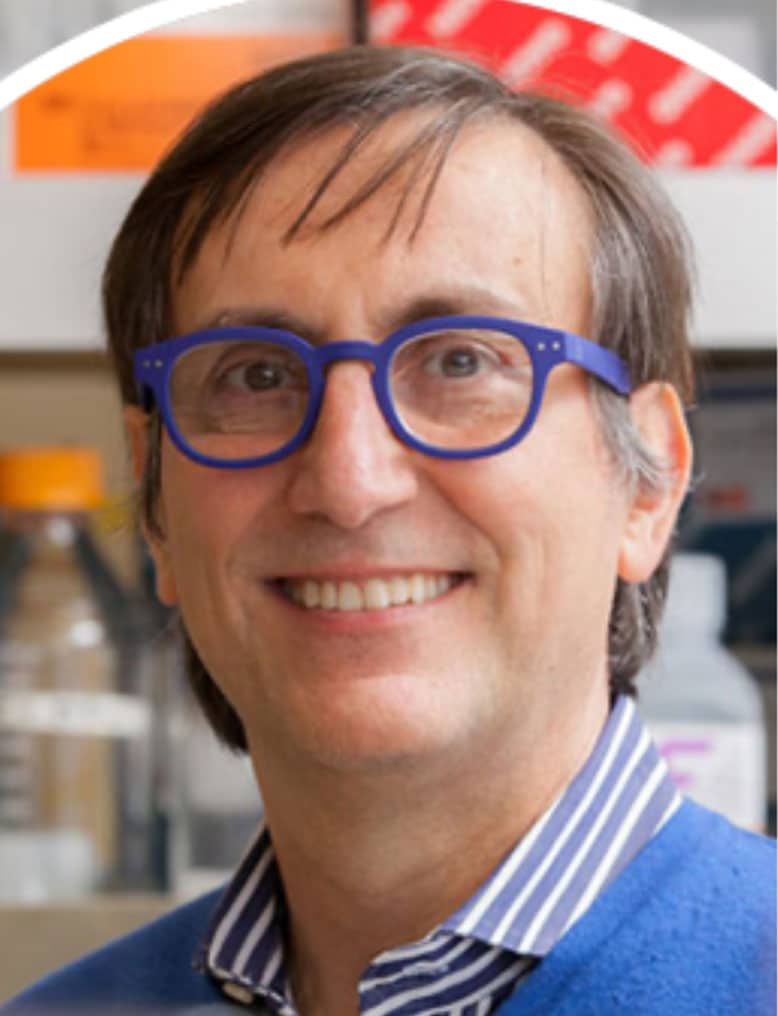
Dr. Biol. Sci.
La Jolla Institute of Immunology
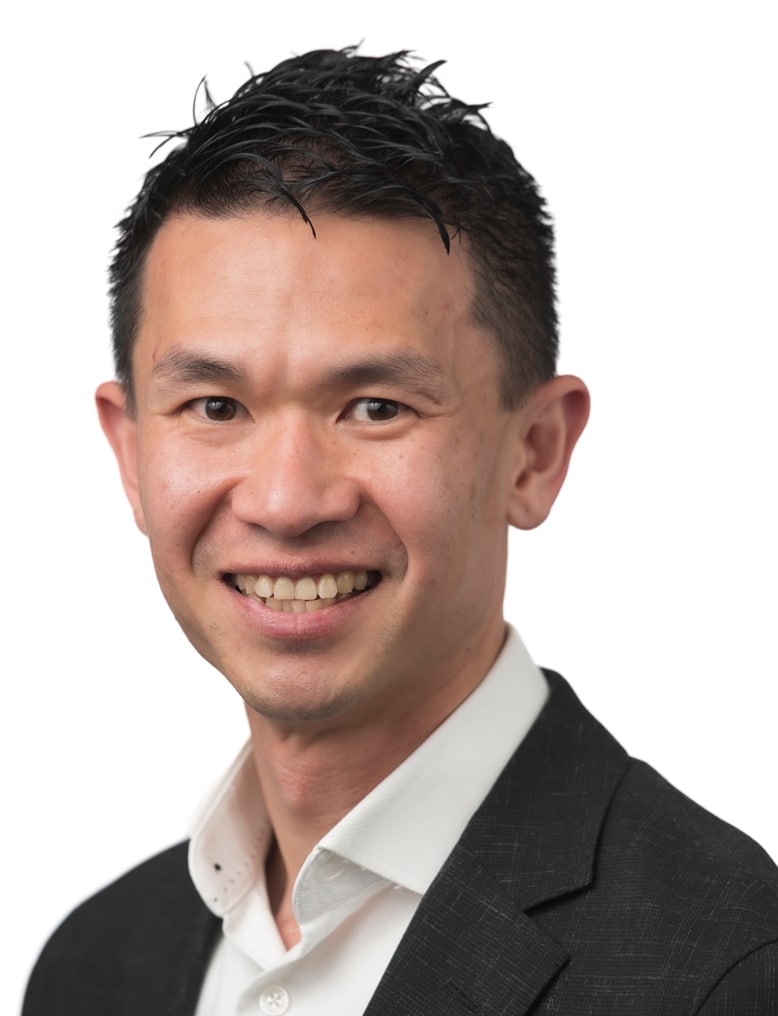
PhD
Monash University
Fast Forward
NJEDA
NIH

Dr. Gary L. Olson, Ph.D. is co-founder, President & CEO of Provid Pharmaceuticals. He received an A.B. from Columbia and his Ph.D. in chemistry from Stanford. He is a leading expert in medicinal chemistry and a pioneer in the fields of drug design and peptide mimetics. Dr. Olson was a research scientist at Hoffmann-La Roche for 26 years where he became Research Director in the Departments of Inflammation/Autoimmune disease and Oncology. In 1998, he joined Praecis Pharmaceuticals as Senior Vice President of Chemistry R&D. He co-founded Provid in 2001 with Drs. Christopher Self, Charles Cook, and Profs. Amos B. Smith and Ralph Hirschmann and has led the company’s programs in autoimmune disease therapeutics and managed Provid’s collaborations, grants and drug discovery services. He has also served as an Adjunct Professor of Medicinal Chemistry at Rutgers and as an advisory board member of the Drew Residential School on Medicinal Chemistry.

Dr. Christopher Self, Ph.D. has broad experience in the pharmaceutical industry and expertise in organic and medicinal chemistry applied in the fields of inflammation, autoimmune diseases, and oncology. He received a B.Sc. in chemistry from Imperial College, London in 1977, and his Ph.D. at the University of London under the direction of Prof. Stephen Ley. Following a postdoctoral appointment at Wisconsin with Prof. Barry Trost, he joined Roche Products Ltd., UK, in 1982 as a senior researcher in the Department of Inflammation, and from 1995 held the position of Research Leader at Hoffmann-La Roche Inc., USA in the Department of Inflammation/Autoimmune Diseases. In 1998, Dr. Self became Vice President, Medicinal Chemistry of Praecis Pharmaceuticals New Jersey division, and became a co-founder of Provid in 2001 where he served as Vice President of Medicinal Chemistry. He currently is a Director on the Provid board.

Mr. Wood is the founder of Alta Berkeley, a European venture capital firm investing in early-stage communications, information technology, media and health care companies in Western Europe, USA and Israel. He has invested in 40 companies, resulting in nine IPOs (six on NASDAQ) and fourteen trade sales (mostly cross-border). He served as non-executive director of 50 companies, public and private in ten European countries, USA and Israel.
Previously, Mr. Wood has been European Finance Vice President of Gould Inc and held several other European and US finance and operating positions in various companies. Mr. Wood obtained his Bachelor in Science in Industrial Engineering from the Virginia Polytechnic Institute and his MBA from the Harvard Business School.

Edwin Thomas, MBA, is a biotechnology executive and entrepreneur, having been a founder, advisor, and principal in a number of successful life science companies. Prior to joining Provid, Mr. Thomas occupied executive positions with CMI – Centers for Medical Innovation AG (antivirals, Munich and Princeton), Precision Pharmaceuticals Inc. (anti-inflammatories, Gainesville, FL), and Avid Therapeutics (antiviral drug discovery, Philadelphia). He is also a founder and CEO of Eleison Pharmaceuticals. Mr. Thomas was educated at the University of Pennsylvania (B.S., Economics and Biochemistry, 1981) and earned an MBA from The Wharton School in 1984.

Dr. Lawrence Steinman, MD, Stanford University, is an expert in the field of immunological intervention in autoimmune disease, Dr. Lawrence Steinman is Chair of Stanford University’s Program in Immunology and George A. Zimmerman Professor in the Departments of Neurology and Neurological Sciences. He is Chair of Provid’s scientific advisory board.
Dr. Steinman has over 300 scientific publications and has multiple patents in the area of immune intervention ranging from peptide to DNA-based therapies for immune intervention in the context of autoimmunity. He is a founder, advisor, or board member of several biotech companies, including Bayhill Therapeutics, Neurocrine Biosciences, Neuon Therapeutics, and Peptimmune.
Dr. Steinman is an elected member of the National Academy of Sciences and the National Academy of Medicine. He was awarded the Charcot Prize for Lifetime Achievement Award by the International Federation of MS Societies, the John Dystel Prize for Multiple Sclerosis Research awarded jointly by the National Multiple Sclerosis Society and the American Academy of Neurology, and twice has been the recipient of a Senator Jacob Javits Neuroscience award. Dr. Steinman earned his medical degree from Harvard University and completed a fellowship in chemical immunology at the Weizmann Institute.

Dr. Suhayl Dhib-Jalbut, MD, is the Ruth Dunietz Kushner and Michael Jay Serwitz professor and chair of Neurology at Rutgers – Robert Wood Johnson Medical School and New Jersey Medical School. He also serves as senior vice-president for Neurology at RWJ Barnabas Health Care System. In addition, he directs the Rutgers Center for Multiple Sclerosis (MS) and is a past-President of the Americas Committee for Treatment and Research in MS (ACTRIMS).
After graduating medical school Alpha Omega Alpha and completing neurology training, Dr. Dhib-Jalbut joined the National Institutes of Health (NIH) where he specialized in Neuroimmunology. He then launched his career as a physician-scientist at the University of Maryland School of Medicine, where he rose through the academic ranks before his recruitment in 2003 to chair the Department of Neurology at Robert Wood Johnson Medical School. In 2015, he was appointed joint chair of Neurology for both medical schools at Rutgers. Under his leadership, academic Neurology grew significantly on both campuses with a robust clinical and translational research program. Dr. Dhib-Jalbut has made seminal contributions to the field of neuroimmunology and neurovirology that have led to our understanding the immunopathogenesis of serious neurologic diseases and developing therapies for MS. Early in his career, he discovered novel mechanisms that underlie virus persistence in the brain that explained a chronic fatal sequalae of measles infection known as Subacute Sclerosing Panencephalitis. He also described for the first time a paralyzing neurologic disorder caused by the retrovirus HTLV-II. He subsequently pioneered studies designed to deliver therapeutics to the brain in MS models using engineered stem cells as vehicles. In addition, he played a pivotal role in a number of clinical trials that led to the FDA approval of the first drugs for the treatment of MS. He was also among the earliest investigators to discover the immunological pathways that underlie the mechanisms of action of these drugs in MS. His current research is focused on identifying biomarkers and predictors of clinical response to MS therapies and the role of the gut microbiome in triggering MS. His research has been funded over the years by the NIH, the Veteran’s Administration, the National MS Society, and the pharmaceutical industry.
As an internationally recognized expert in the clinical and scientific aspects of MS, he has held a number of leadership positions. As president of ACRIMS, he chaired the International MS meeting in Boston in 2014. He currently serves as associate editor of the Multiple Sclerosis journal and previously held the same position for the Journal of Neuroimmunology. He has served on study sections and data safety monitoring boards for the NIH, MS Society and other national and international agencies. He is an elected fellow of the American Neurological Association. He has been on the Best Doctors in America list since 2009 and has been recognized by several awards including the Norman H. Edelman Clinical Science Mentoring Award from the Robert Wood Johnson Medical School, the Medical Excellence Award from the National MS Society, the Edward J. Ill Award for Excellence in clinical research, and the Excellence in Research Award from the New Jersey Health Foundation.

Dr. Ann Welton, Ph.D. (San Diego) served as a senior level pharmaceutical company executive leader in drug discovery research and early development for over 30 years before retiring in 2010. She has worked in multidisciplinary R&D environments in both large multinational pharmaceutical and biotechnology companies. From 1977 to 1997 she held leadership positions at Hoffmann LaRoche in Nutley, N.J. in Inflammation and Respiratory drug discovery research which culminated in her roles as Vice-President of Bronchopulmonary Research (1992-1994) and Vice-President of Nonclinical Development (1994-1997). From 1998 to 2003, Dr. Welton was Vice-President of Biology and Preclinical Development at the biotechnology company, Axys Pharmaceuticals (which in 2002 was acquired by Celera). From 2003 to 2010 Dr. Welton was Compound Development Team Leader for Immunology early development projects at the Johnson & Johnson Research Center in LaJolla, CA. Dr. Welton received her PhD in Biochemistry from Michigan State University and was a post-doctoral fellow at NIH in the Laboratory of the Nobel Laureate, Dr. Martin Rodbell, prior to joining the pharmaceutical industry.

Prof. Thomas G. Forsthuber, M.D., Ph.D. is Professor of Immunology and Adjunct Professor of Pathology at the University of Texas Health Science Center San Antonio. He joined the UTSA faculty in 2005 from Case Western Reserve University, where he was an Associate Professor of Pathology. He received his M.D. and Ph.D. from the University of Tübingen, Germany, was a Pathology resident at University Hospitals in Cleveland from 1994-1998, and joined the faculty of the Institute of Pathology in 1997. Forsthuber has received numerous honors, including the American Society for Investigative Pathology Merit Award in 1995, and the Harry Weaver Neuroscience Scholar Junior Faculty Award of the National Multiple Sclerosis Society in 1997. He is Deputy Editor for the journal Cellular Immunology, and serves as a reviewer for a number of scientific journals and funding agencies including the NIH, VA, and National Multiple Sclerosis Society.

Dr. Bernard Maillere, Ph.D. is currently research director and head of the laboratory of immunology at the governmental research institute, Commissariat à l’Energie Atomique (CEA) in Saclay, France. His work focuses on the prediction of immunogenicity and identification of T cell epitopes in humans with the perspective of developing new vaccines and safe therapeutic proteins. His laboratory characterized MHC class II binding of Provid inhibitors critical for structure-activity studies.

Dr. Alessandro Sette, Dr. Biol Sci. is Professor at the La Jolla Institute of Immunology and Director of the Centers for Autoimmunity and Inflammation, Cancer Immunotherapy and Vaccine Innovation. Dr. Sette has devoted more than 35 years of study towards understanding the immune response, measuring immune activity, and developing disease intervention strategies against cancer, autoimmunity, allergy, and infectious diseases. The laboratory is defining in chemical terms the specific structures (epitopes) that the immune system recognizes and uses this knowledge to measure and understand immune responses. John Sidney in his laboratory established a panel of MHC binding assays that has been used to characterize Provid MHC class II inhibitors.
The Sette lab’s approach uses epitopes as specific probes to define the immune signatures associated with productive/protective immunity versus deficient immunity/immunopathology. This research will improve understanding of how the body successfully battles infection, and conversely, how pathogens escape the immune system, causing the individual to succumb to disease. Because of the laboratory’s success in its study of immune response, Sette and his team believe their research will lead to development of new therapeutic and prophylactic approaches to fighting infectious diseases. In this area, Dr. Sette’s disease focus has shifted over the years from HIV, HBV and HCV to emerging diseases and diseases of potential biodefense concern to, most recently, diseases and pathogens relevant to worldwide global health, including SARS-CoV-2, Dengue, Zika, Chikungunya, malaria, M. tuberculosis, B. pertussis, and shingles. Furthermore, Dr. Sette’s team has adapted the methods and techniques developed in the context of infectious disease to understand the T cell response to common allergens and to discover a cell component in Parkinson’s Disease.
Finally, Dr. Sette has overseen the design and curation efforts of the national Immune Epitope Database (IEDB), a freely available, widely used bioinformatics resource, since its inception in the early 2000s. The IEDB catalogs all epitopes for humans, non-human primates, rodents, and other vertebrates, from allergens, infectious diseases, autoantigens and transplants, and includes epitope prediction tools to accelerate immunology research around the world.

Joshua Ooi, Ph.D. Dr. Ooi is Associate Professor at the Center for Inflammatory Research and an NHMRC Fellow and Head of the Regulatory T cell Therapies Lab at the School of Clinical Sciences at Monash University in Melbourne Australia. His lab focusses on generating autoantigen-specific regulatory T cells to treat autoimmune diseases.
During his PhD (2009) and post-doctoral training, Dr. Ooi showed that inflammatory T helper cells specific for self proteins (known as autoantigens) underlie the pathogenesis of autoimmune disease. Now, Dr. Ooi and his team are devising regulatory T cell based therapies that specifically switch off the autoantigen-specific inflammatory response.
Dr. Ooi carried out the experimental studies in the group of Dr. A. R. Kitching at Monash University that demonstrated activity of Provid’s MHC class II DR15 inhibitor lead compound in models of anti-GBM disease (Goodpasture’s) in DR15 transgenic mice.